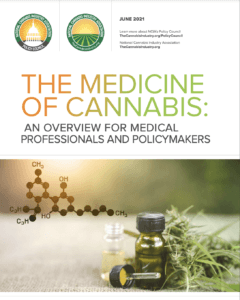
As cannabis use expands in the U.S., issues that require the guidance of scientists and clinicians are rapidly arising. Patients are looking to their medical providers for information on cannabis safety, potential for interactions with pharmaceuticals, and therapeutic applications. However, the existing legal environment significantly hinders the ability of clinicians to engage with cannabis research or offer clear guidance. The U.S. federal government continues to classify cannabis as a Schedule I Controlled Substance, by definition meaning it has no accepted medical use and is unsafe to use even under medical supervision. This position cripples the ability of clinicians to advise patients or to influence the burgeoning cannabis industry.
Scientific and medical cannabis research in the U.S. lags behind other nations. While the past decades have witnessed exponential growth of compelling research on cannabis safety and therapeutics, most of it comes from international sources in Europe and Israel, as federal prohibition in this country obstructs open scientific investigation of cannabis. Without clinical guidance or a coherent regulatory framework, the U.S. cannabis industry is failing to provide consumers and medical patients with much-needed guidance on appropriate use and crucial guarantees of product safety. In order to develop a regulated cannabis industry founded on scientific research, significant shifts in U.S. cannabis policy are needed, particularly at the federal level.

